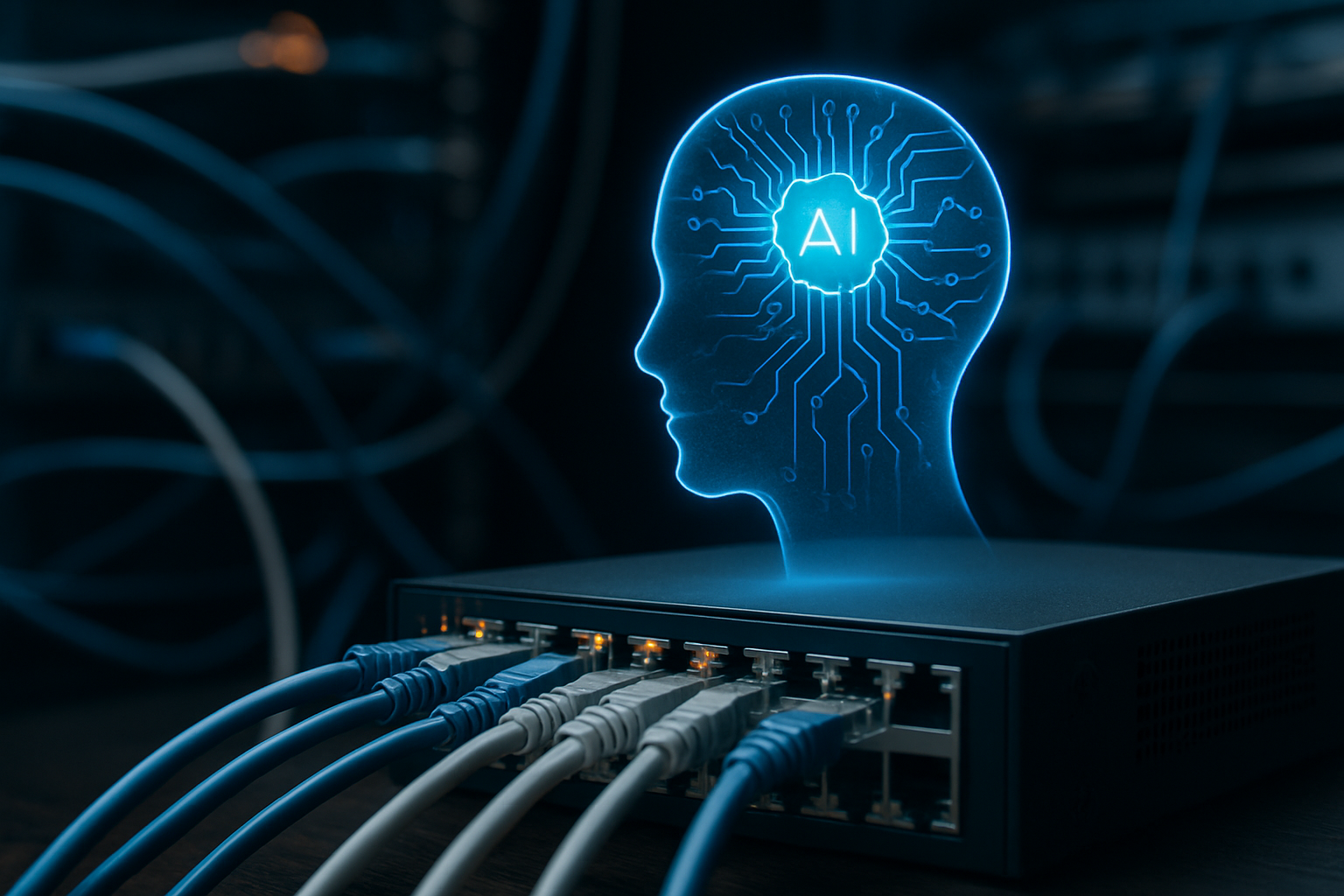Dissecting the Impact of AI on Internet and Telecommunications
Artificial Intelligence (AI) has taken a front seat in shaping technology trends, and the internet and telecommunications industry is no exception. AI is not just a buzzword; it's a revolution that is transforming the way we communicate, access information, and connect with the world.

AI’s introduction into the telecom and internet industry has created an era of unprecedented growth and innovation. As we dive deeper into this topic, we’ll uncover the history of AI in telecommunications, its current trends and implications, and the challenges it poses.
AI in Telecommunications: A Brief History
The journey of AI in telecommunications began in the 1990s, with the advent of Intelligent Networks (INs). These networks were designed with the ability to analyze and act on network data to optimize performance. However, the early versions of INs were limited in their capabilities.
Fast-forward to the early 2000s, AI’s application in telecommunication evolved with the introduction of machine learning algorithms. These algorithms enabled telecom companies to predict network failures, enhance customer service, and optimize network performance.
Current Trends: AI Integration in Telecom Industry
Today, AI has become an integral part of the telecom industry. From network optimization to customer service, AI is at the forefront of driving efficiency and innovation. For instance, AI algorithms can predict network congestion and automatically redirect traffic, ensuring seamless connectivity for users.
Moreover, AI-powered chatbots are transforming customer service in the telecom industry, providing instant responses and reducing the workload on human agents.
Regulatory Changes and Expert Insights
In response to the rapid AI integration in telecommunications, regulatory bodies worldwide are stepping up to ensure ethical and responsible AI use. These regulations aim to prevent misuse of AI, protect user data, and ensure transparency.
Experts predict that AI will continue to be a major player in the telecom industry, driving innovation and efficiency. However, they also emphasize the need for robust regulatory frameworks to ensure ethical and responsible AI use.
AI in Telecommunications: Impact, Challenges, and Applications
AI’s impact on the telecom industry is profound. It has improved network performance, enhanced customer service, and increased efficiency. However, AI’s integration in telecommunications also poses challenges.
Data privacy is a significant concern, as AI systems often require access to large amounts of data. Additionally, AI’s increasing role in decision-making processes raises questions about accountability and transparency.
Despite these challenges, AI’s practical applications in the telecom industry are vast. AI can optimize network performance, enhance customer service, and even predict network failures. Moreover, AI-powered analytics can provide valuable insights to help telecom companies make informed decisions.
In Conclusion
AI has revolutionized the telecom industry, driving innovation and efficiency. However, with great power comes great responsibility. As AI continues to shape the future of telecommunications, it’s crucial to address the challenges it poses and ensure its responsible and ethical use. The future of telecommunications lies not only in embracing AI but also in navigating its complexities with care and foresight.




